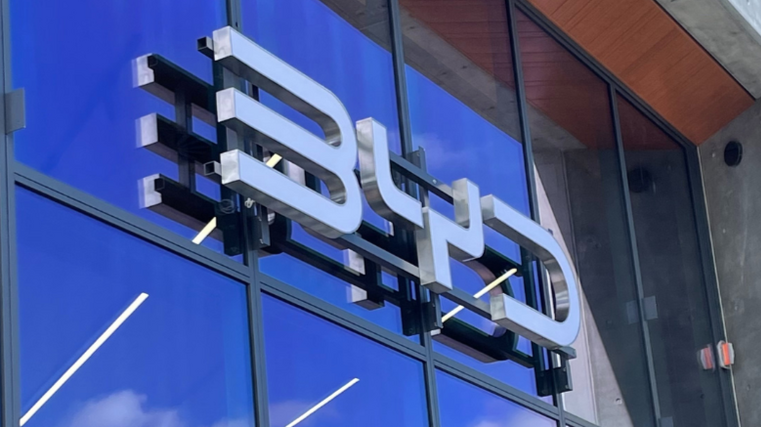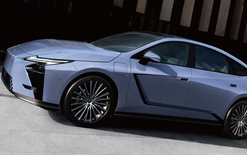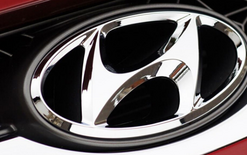BYD closes in on Tesla

Sales of Teslas tumbled in 2024 for the first time in 10 years as rivals gained pace on Elon Musk’s company.
Tesla delivered almost 1.79 million units in 2024, down by about one per cent from 1.8m in 2023.
This came despite Musk’s company lowering sticker prices repeatedly last year in an attempt to attract consumers and hold onto its rank as the world’s top-selling EV maker.
But China’s BYD looks set to close the gap after reporting 1.76m EV registrations in 2024. Its total sales jumped by more than 41 per cent in 2024 to come to 4.2m with sales of its hybrids mainly responsible.
BYD sells 90 per cent of its cars in China where it has been extending its lead over foreign marques, such as Volkswagen and Toyota.
It has benefited from an increase in sales in its domestic market as competition drives down prices and government subsidies push people to replace older models with EVs and more fuel-efficient options.
Demand for EVs has also softened in regions such as the US and Europe. VW, Ford and General Motors were among the companies that cut sales targets or decided to delay investments in EV technology last year.
At Tesla, Musk has blamed weaker sales in part on the jump in borrowing costs since 2022. Analysts have also pointed to increased competition and questions about the brand, as Musk deepens his political involvement.
Last month, Honda and Nissan confirmed they were in merger talks, to be possibly joined by Mitsubishi, as they seek to fight back against Chinese competition.
Earlier in December, Carlos Tavares quit as the boss of Stellantis following a boardroom clash. His abrupt exit from the company, which owns brands including Vauxhall, Jeep, Fiat, Peugeot and Chrysler, came two months after Stellantis issued a profit warning.
In October, European Union tariffs of up to 45.3 per cent on imports of Chinese-made EVs came into force. The US has imposed a duty rate of 100 per cent on electric cars from China and President-elect Donald Trump is expected to impose extra tariffs on imports.
BYD, meanwhile, has been expanding its foothold in emerging economies. But last month it faced a setback in Brazil – its largest overseas market – with authorities stopping a factory being built claiming that workers lived in conditions comparable to “slavery”.
BYD says it cut ties with the construction firm involved and remains committed to “full compliance with Brazilian legislation”.
As for Musk, controversy never seems too far away. The world’s richest man has sparked speculation after changing his name on his social-media platform X to “Kekius Maximus”.
He has offered no immediate explanation for the name or his new profile image. It depicts the character Pepe the Frog, which is a meme that has been used by far-right groups.
“Kekius” appears to be a Latinisation of “kek”, a word roughly equivalent to “laugh out loud” popularised by gamers but now often associated with the so-called alt right. “Kek” is also the name of the ancient Egyptian god of darkness, who is sometimes depicted with the head of a frog.
Many people link “Maximus” to the name of Russell Crowe’s character in the film Gladiator, Maximus Decimus Meridius. Musk’s new profile image depicts Pepe in Roman military dress holding what appears to be a game console.





